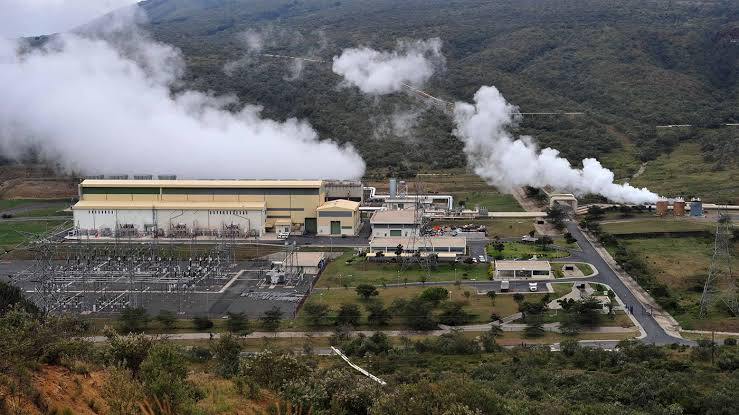In an ambitious move that underscores Kenya’s commitment to green energy and digital transformation, the country is poised to harness its rich geothermal resources to power a state-of-the-art data center. The initiative, a collaboration between Kenya’s EcoCloud and the UAE-based technology firm G42, signifies a major milestone in Kenya’s journey to become a leading digital hub in Africa. This groundbreaking project, the EcoCloud-G42 Mega Data Centre, will be situated in Kenya’s geothermal-rich region, with an initial capacity of 100 MW and the potential to expand up to 1 GW.
Kenya, currently ranked as the eighth largest user of geothermal power globally, has more geothermal capacity under construction than any other country. This venture is part of Kenya’s broader strategy to nearly double its geothermal power output by 2030, leveraging some of the country’s 10 GW of untapped geothermal potential. The collaboration between EcoCloud, a pioneering data center developer, and G42, a leading technology company, is expected to accelerate Kenya’s digital transformation, positioning the country as a significant player in the global digital economy.
The origins of geothermal exploration in Kenya trace back to the 1950s, gaining significant momentum in the 1960s with the drilling of two wells at Olkaria, the same region earmarked for data centre development. In a recent development, the state-owned Kenya Electricity Generating Company (KenGen) announced its intention to further increase its geothermal output, aiming to contribute more significantly to the national grid. Currently, KenGen generates 799MW from geothermal sources, representing 85% of the country’s installed geothermal capacity. By 2030, Kenya aims to produce over 50% of its power from geothermal sources, reaffirming its position as Africa’s geothermal powerhouse.
The African Continental Power Systems Masterplan (CMP) study on Geothermal Power Plants (GPP) within the East African Rift System (EARS) highlights that these countries have up to 20 GW of potential electricity generation from geothermal sources. Despite this, only about 5% of this potential has been tapped, due to various challenges. Nevertheless, Kenya has made significant strides in geothermal exploration, growing its installed capacity from 15 MW to 950MW, with ambitious plans to increase this to 10 GW by 2040. This initiative not only emphasizes Kenya’s leadership in geothermal energy within the EARS but also its dedication to sustainable and renewable energy sources.
The EcoCloud-G42 Mega Data Centre project represents more than just an advancement in green energy utilization; it is a testament to Kenya’s strategic vision for a sustainable digital future. By integrating geothermal power into its digital infrastructure, Kenya is setting a precedent for other nations in the region and beyond. This approach not only addresses the increasing demand for data services but also does so in an environmentally friendly manner, reducing the carbon footprint associated with traditional energy sources.
President William Ruto’s presence at the MoU signing between EcoCloud and G42 underscores the government’s support for this venture, highlighting its importance to Kenya’s economic and digital strategy. As the project progresses, it will undoubtedly attract attention from around the globe, showcasing Kenya’s innovative use of its natural resources to fuel its digital ambitions.
This development comes at a crucial time when the world is increasingly focused on sustainable energy solutions and digital transformation. The EcoCloud-G42 Mega Data Centre project is not just about powering data services; it’s about powering the future, with Kenya leading the charge towards a greener, more digital world. As the project unfolds, it will surely inspire similar initiatives in other countries, demonstrating the feasibility and benefits of integrating renewable energy sources into the backbone of the digital economy.
Source: ESI Africa



